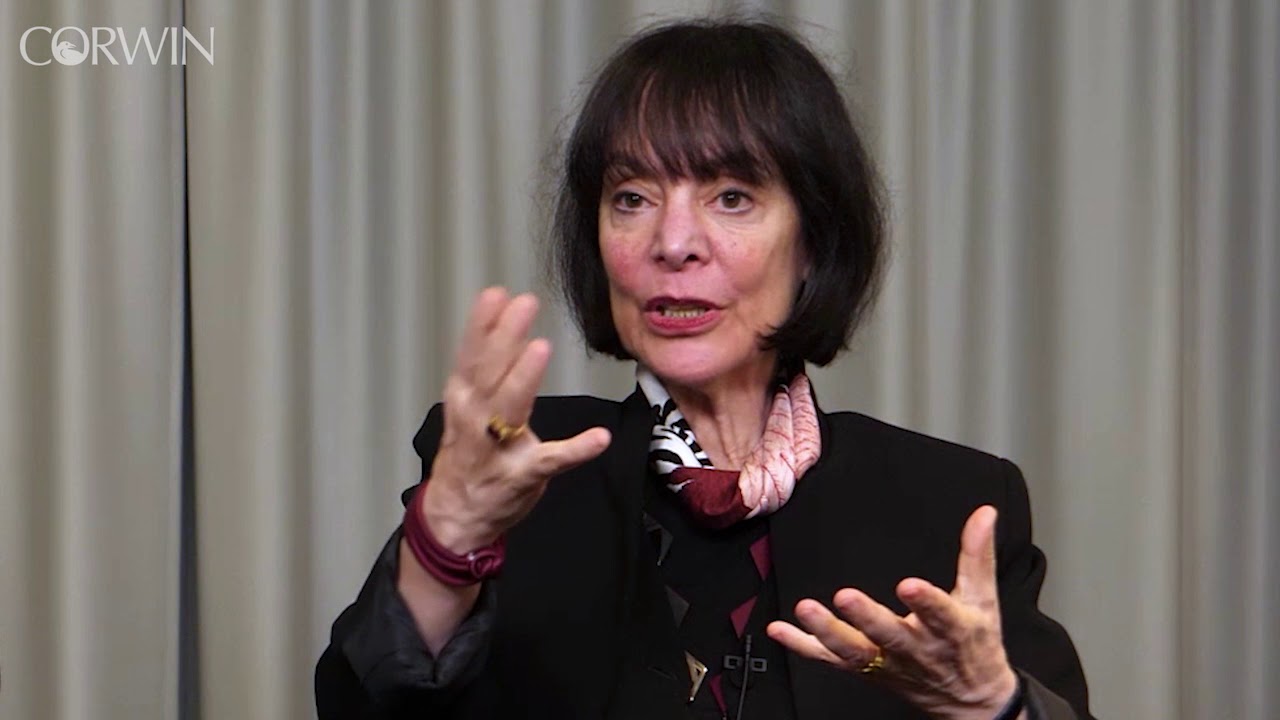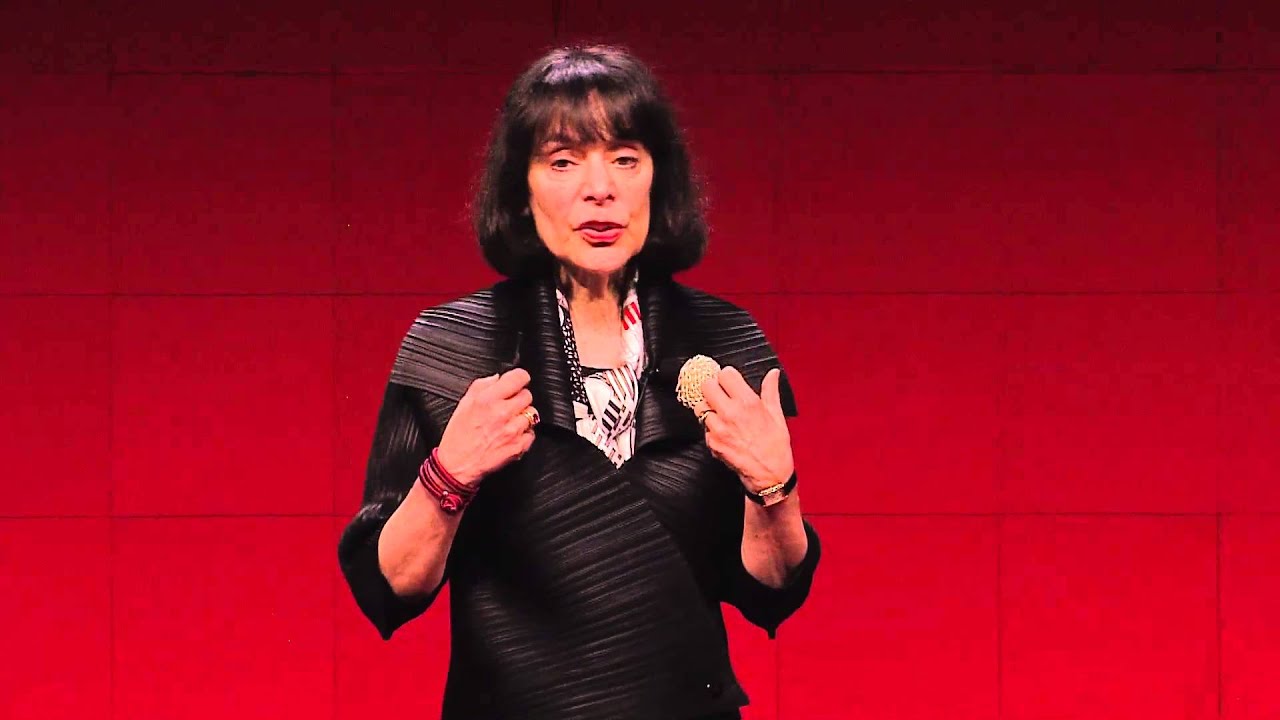Growth Mindset and Intelligence Malleability
Major Concept Summary: Growth Mindset and Intelligence Malleability
ED 304: Psych and Human Development
Author: Cassadie Smith
Validated by: (Madison Giles, 3-10-23)
Disclosure: ChatGTP3 was used in the creation of this resource.
Summary
Growth Mindset
A growth mindset is the belief that one's abilities and intelligence can be developed through effort and learning. This concept was first introduced by psychologist Carol Dweck in her research on self-theory and motivation. Dweck found that individuals with a growth mindset tend to approach challenges with a positive attitude and a belief that they can improve, while those with a fixed mindset tend to believe that their abilities are fixed and cannot be changed. Research has shown that individuals with a growth mindset are more likely to persevere in the face of challenges, seek out feedback and learning opportunities, and achieve higher levels of success in various domains, including academics, sports, and the workplace. It is an important mindset to adopt as it helps individuals to develop a positive attitude toward challenges and to overcome obstacles in their life.
Research has shown that students with a growth mindset tend to have better academic outcomes, greater motivation, and increased persistence in the face of challenges compared to those with a fixed mindset. To foster a growth mindset in students, teachers can use strategies such as encouraging a love of learning, praising effort over innate ability, and providing opportunities for students to take on challenges and learn from mistakes. Additionally, teachers can also model a growth mindset themselves by showing the willingness to learn from their own mistakes and highlighting the progress and effort of their students.

Teacher Connection
- Encourage a culture of effort and error: Teachers can create an environment in which students feel safe to take risks, make mistakes, and learn from them. This can be done by praising students for their effort and hard work, rather than just their intelligence or abilities.
Intelligence Malleability
Intelligence malleability, also known as the "nature vs. nurture" debate, is a topic in psychology that refers to the extent to which intelligence can be modified or changed through environmental factors such as education, training, and experience. The concept of intelligence malleability suggests that intelligence is not fixed, but rather can be improved through specific interventions.
Research has shown that certain cognitive abilities, such as working memory and attention, can be improved through training. Additionally, educational interventions have been shown to positively impact cognitive development and intelligence. Studies have also shown that environmental factors, such as poverty and poor nutrition, can negatively impact cognitive development and intelligence.
On the other hand, some research suggests that genetic factors play a significant role in determining intelligence. Heritability estimates for intelligence range from 40-80% depending on the study, which suggests that genetic factors do play a role in intelligence, but it is not the only factor
Overall, the research on intelligence malleability suggests that intelligence is influenced by a complex interplay of genetic and environmental factors and that it can be modified to some extent through interventions such as education and training.
Teacher Connection
- Provide opportunities for students to stretch themselves: Teachers can create assignments and activities that challenge students to think critically, solve problems, and apply what they have learned in new ways. This helps students develop a growth mindset by showing them that they can improve with effort.

Prominent Criticisms
Prominent criticisms of growth mindset theory in psychology include concerns about the evidence for its effectiveness, its potential to blame individuals for their lack of success, and its oversimplification of the complex processes involved in learning and development. Some researchers have also argued that the theory is based on a narrow and limited understanding of intelligence and that it may not be applicable or relevant to all individuals or contexts. Additionally, some concerns promoting a growth mindset may lead people to neglect important aspects of their fixed abilities and personality traits which are also important for personal and professional development.
Teacher Connection
- Give feedback that promotes learning: Instead of just telling students whether their work is right or wrong, teachers can provide feedback that helps students understand how to improve. This kind of feedback helps students see that their abilities can be developed through effort and practice.
Media Examples


Teacher Connection
- Encourage a growth mindset in the language used in class: Teachers can use language that promotes a growth mindset, such as "yet" instead of "can't" or "not yet" when a student is struggling with a task.
- Model a growth mindset: Teachers can demonstrate a growth mindset by sharing their struggles and successes, and by being open to feedback and new ideas.
Prominent Figures
Dr. Carol Dweck
Dr. Carol Dweck is a Stanford University psychologist and researcher who is best known for her work on the concept of "mindsets." She has been a professor of psychology at Stanford since 2004 and has conducted extensive research on motivation, personality, and development. Dr. Dweck's most famous work is her book "Mindset: The New Psychology of Success" which was published in 2006 and became a best-seller, where she introduces the concept of growth mindset.
Dr. Dweck's research has shown that individuals with a growth mindset tend to approach challenges and setbacks with a positive attitude and are more likely to persevere in the face of difficulty. They also tend to have higher levels of motivation, engagement, and achievement. In contrast, individuals with a fixed mindset tend to avoid challenges and give up easily in the face of difficulty. Dr. Dweck's theory has been widely used in education and business to promote learning, motivation, and performance.
Dr. Dweck has received numerous awards and honors for her work, including the Lifetime Achievement Award from the American Psychological Association and the Grawemeyer Award in Education. She is also a fellow of the American Psychological Association, the Association for Psychological Science, and the American Educational Research Association.
Teacher Connection
- Encourage students to set goals: Teachers can help students set specific, challenging goals for themselves, and then provide support and guidance as students work to achieve them.
- Encourage Collaborative work: Collaborative work can provide opportunities for students to learn from each other, and to develop their social and emotional skills.
Ask the Teacher
According to public school administrator and former high school chemistry teacher, Doran Smith, incorporating the measurement of growth mindsets would be “... a change to how things are done in schools and classes.” He says it can be a “... part of what can be differentiated instruction. It is hard to do, but not impossible with current technology.” From psychology, it’s a “glass is half full” he says.
“We can all learn, change, and grow all your life, not just while you’re in school.” Mr. Smith says growth mindsets are innovative and up-and-coming teachers seem to be all for it.
“The old-timers don’t have time to mess with it. They tend to dismiss it as ‘you either learn it my way or the highway’.”
Teacher Connection
- Celebrate progress: Teachers can acknowledge and celebrate the progress that students make, even if they haven't yet reached their goals. This helps students see that their abilities can be developed through effort and practice.
Quiz Questions
1. What is the main principle of a growth mindset in education?
- a) Intelligence is fixed and cannot be changed.
- b) Effort and persistence can lead to improvement in abilities.
- c) Failure is not an option.
- d) Talent is the most important factor in success.
2. Research has shown that students with a growth mindset:
- a) Have lower academic achievement than those with a fixed mindset
- b) Give up more easily when faced with challenges
- c) Show more motivation and persistence in the face of challenges
- d) Are more likely to cheat on tests
3. How can a teacher foster a growth mindset in their students?
- a) Constantly praising them for their innate abilities
- b) Focusing on the student's shortcomings
- c) Encouraging the student to embrace challenges and learn from mistakes
- d) Telling them that they will never be as smart as other students
4. Which of the following cognitive abilities is improvable through training? Select all that apply:
- a) General intelligence
- b) Working memory
- c) Emotional intelligence
- Creativity
5. Which of the following environmental factors has been shown to negatively impact cognitive development and intelligence?
- a) Adequate nutrition
- b) Affluent socioeconomic status
- c) High-quality education
- d) Poverty
Sources
- https://stemeducationjournal.springeropen.com/articles/10.1186/s40594-020-00227-2
- https://www.ncbi.nlm.nih.gov/pmc/articles/PMC5836039/
- https://d1wqtxts1xzle7.cloudfront.net/56500411/What_Having_a_Growth_Mindset_Actually_Means-libre.pdf?1525618067=&response-content-disposition=inline%3B+filename%3DWhat_Having_a_rowth_Mindset_Actually_Me.pdf&Expires=1674338976&Signature=YJJRct~CDZ4zMHgzLjvgSNrxQb-P5CfnublYmD-G3jUdl77~3KTRWAAkn4MyOqL-DluRowBr0W9bO0K8-2e3I6h7cZRhIBa132YzPksSPXX7yr2qVvPVDVm9Fv9WG5g3hYExUv1g1~EvS~OE~mOLHH5yaKqHwaxvRxC45xvFnhBYwob2r39XoQ~jqKeL8Fb38gk48hFU904mDBtCYcUcO~udTn2RQg22X1Ic0Zmbnnh3i1LsgUCsEdyU8hPqPNZ9C5Qnjr7eElPDtOOsLRtA6eMqkeBnDsjvYxv~q6PbUvYk30fEz7pY-HoVa89Wj~XNPASYYwjJ3uHpYwyXG~yOXA__&Key-Pair-Id=APKAJLOHF5GGSLRBV4ZA
- https://www.studentachievement.org/wp-content/uploads/Carol-Dweck-Revisits-the-Growth-Mindset.pdf
- https://www.frontiersin.org/articles/10.3389/fpsyg.2017.01594/full
- https://www.proquest.com/openview/5f713468c74b2e0da2ece0cf796bf3c6/1?pq-origsite=gscholar&cbl=43472
This content is provided to you freely by BYU-I Books.
Access it online or download it at https://books.byui.edu/development_motivati/maj_52_growth_mindse.



